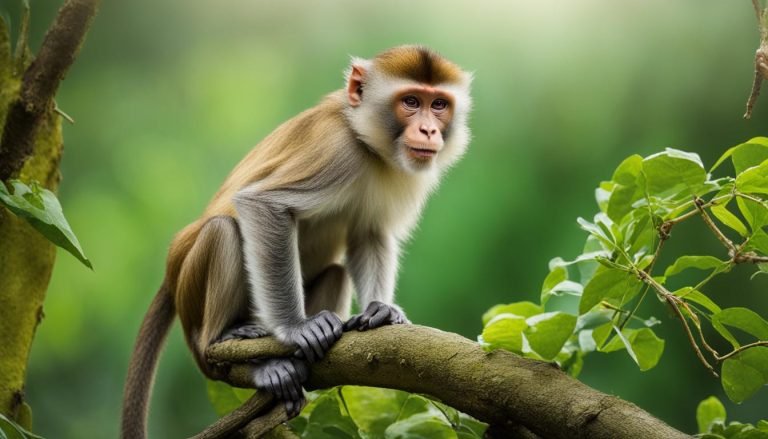15 Facts About Pigs That You Didn’t Know
1. Intelligent and Social
Pigs are highly intelligent and social animals, often compared to dogs in terms of cognitive abilities. They form close-knit social groups, build relationships, and exhibit complex behaviors such as problem-solving, learning from experiences, and even playing.
2. Omnivorous Appetite
Pigs are omnivores, consuming a wide variety of food items. Their diet includes roots, fruits, vegetation, and, occasionally, small animals or insects. Their strong sense of smell helps them locate food sources underground, showcasing their adaptability as foragers.
3. Vocal Communication
Pigs are expressive communicators, using a range of vocalizations to convey emotions, needs, and warnings. From grunts and squeals to roars, their diverse vocal repertoire facilitates communication within a group and with caregivers.
4. Rooting Behavior
Pigs engage in rooting behavior, using their snouts to root and forage for food in the soil. This natural behavior is not only a means of obtaining nutrients but also serves as a form of environmental enrichment, allowing pigs to express their natural instincts.
5. Domestication History
Domestic pigs, descendants of wild boars, have a long history of association with humans. They were among the first animals to be domesticated for food production, and today, numerous breeds serve various purposes, including meat production, pets, and even therapy animals.
6. Highly Adapted Nose
Pigs have an exceptional sense of smell, surpassing that of many animals. Their highly developed olfactory system enables them to detect scents over considerable distances, making them valuable in tasks like truffle hunting and even search and rescue operations.
7. Complex Emotions
Studies have shown that pigs experience a range of emotions, including joy, fear, and even empathy. They form strong bonds with their social groups and demonstrate behaviors indicative of emotional well-being, challenging traditional perceptions of farm animals.
8. Rapid Growth Rate
Pigs are known for their relatively rapid growth rate. This characteristic has been selectively bred in certain breeds for efficient meat production. However, it also poses challenges related to health and welfare, emphasizing the importance of responsible breeding practices.
9. Playful Nature
Pigs are playful animals, engaging in various activities that resemble play behaviors seen in other intelligent mammals. From running and jumping to exploring their surroundings, play serves as a form of mental stimulation and contributes to their overall well-being.
10. Wallowing Behavior
Pigs have a natural inclination for wallowing in mud, which serves multiple purposes. This behavior helps regulate their body temperature, protects them from sunburn and parasites, and provides relief from itching. Wallowing is also a social activity, with groups of pigs often wallowing together.
11. Emotional Responses to Environment
Pigs are sensitive to their environment and can display stress or discomfort through behavioral cues. Environmental enrichment, adequate space, and proper care are essential for promoting positive emotional states and ensuring their overall welfare.
12. Motherly Instincts
Sows, or female pigs, exhibit strong motherly instincts. They are attentive caregivers, providing protection and nourishment to their piglets. Mother and piglet bonds are crucial for the well-being and development of the young offspring.
13. Susceptibility to Health Issues
Pigs can be susceptible to certain health issues, including respiratory problems. Proper housing conditions, ventilation, and preventive measures are essential in commercial and small-scale pig farming to ensure the health and welfare of the animals.
14. Role in Waste Management
Pigs play a valuable role in waste management. Their omnivorous diet allows them to consume kitchen scraps and organic waste, contributing to sustainable agricultural practices. Small-scale pig farming has been integrated into permaculture systems for efficient waste utilization.
15. Challenges and Ethical Considerations
The industrial farming of pigs often raises ethical concerns related to confinement, the use of gestation crates, and practices that prioritize productivity over animal welfare. Advocates emphasize the importance of promoting more humane and sustainable practices in pig farming to address these challenges.
Pig Quiz
How well do you know pigs? Test your knowledge here!








